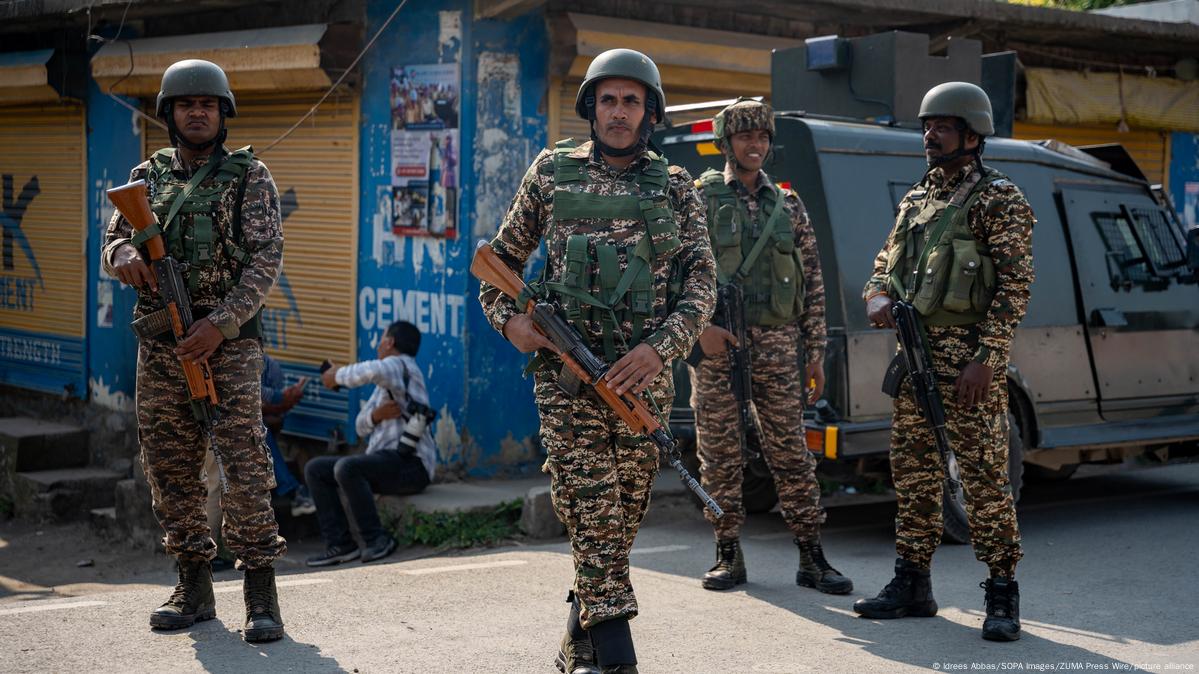Following the April 22 attack by terrorists on tourists and a local rescuer in Pahalgam in India killing 26 persons, India blamed these acts on Pakistan’s long-existing and well-established links with such terror groups. Thereafter, much discussion at the national and international level has speculated on India’s possible response. In the early hours of May 7, close to 2 am, India finally launched what was termed as ‘precision strikes’ on nine sites that have long been associated with terror groups. Pakistan has confirmed that a smaller number of sites were attacked.
It is imperative that what has happened should not be exaggerated, and the tendency of certain sections to exaggerate and hence further provoke conflict between two neighbouring countries of the global south should be checked.
In fact it is important to emphasise that this is a time for de-escalation, restraint and diplomacy to ensure that any further escalation can be avoided. It is important to emphasise that the two countries are not at war with each other, and it is certainly possible to avoid a war at this stage. Such situations have arisen in the past, even during the last decade, and therefore even now, things could be scaled back without causing a war. The situation at present is no worse than it was at that time. If good sense prevails, then two neighbours could gradually revert back towards more or less normal times. There is no reason why this cannot happen again. Exaggerated accounts will only worsen the prospects for peace.
India’s stand on the attack in the form of Operation Sindoor in the early hours of May 7 has been conveyed in these words, “Our actions have been focused, measured and non-escalatory in nature. No Pakistani military facilities have been targeted. India has demonstrated considerable restraint in selection of targets and method of execution.”
This is very far from being war-talk. From this point if de-escalation and restraint are exercised, as emphasised by the United Nations Secretary-General Antonio Guterres earlier on May 5, it is certainly possible to avoid war. The UN Chief had stated on May 5 that it is very important to avoid a military confrontation that could spin out of control. He also stated that the UN stands ready to support any initiative of de-escalation, diplomacy and a renewed commitment to peace. Now again on May 7 soon after the attack the UN Chief has again called for ‘maximum military restraint” adding that the world cannot afford a war between the two countries.
Exchange of fire has been reported since the Pahalgam attack from some border areas, and various kinds of hostile measures have been announced by both sides, including those relating to trade, economic ties, travel and water-sharing. One hopes that following de-escalation several of these decisions can be reconsidered by both sides. However the biggest urgency just now is to avoid the possibility of further escalation which, as the UN chief has warned, has the danger of spinning out of control. Such a high risk should be avoided in all circumstances as both sides are nuclear weapon countries and it is widely recognized that any war between such countries should always be avoided. There may be very low likelihood of actual use of nuclear weapons as leaders of both countries are after all well aware of the possibility that the nearly 340 nuclear weapons the two countries are estimated to possess can destroy the entire region and in fact a much wider area. Nevertheless even with the low likelihood of actual use, the well-established understanding and wisdom is that the potential of destruction being so high, two nuclear weapon countries should not come even close to the possibility of war. An already deeply troubled world simply cannot afford such high risks and all arguments are strongly in favour of de-escalation and return to near normalcy in the relationship between India and Pakistan as early as possible.
(The author is Honorary Convener, Campaign to Save Earth Now. His recent books include Saving Earth for Children, Planet in Peril, A Day in 2071 and Man over Machine—A Path to Peace)
Related:

